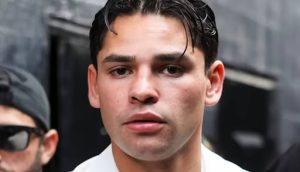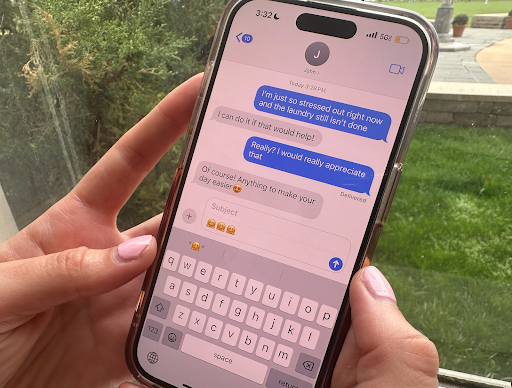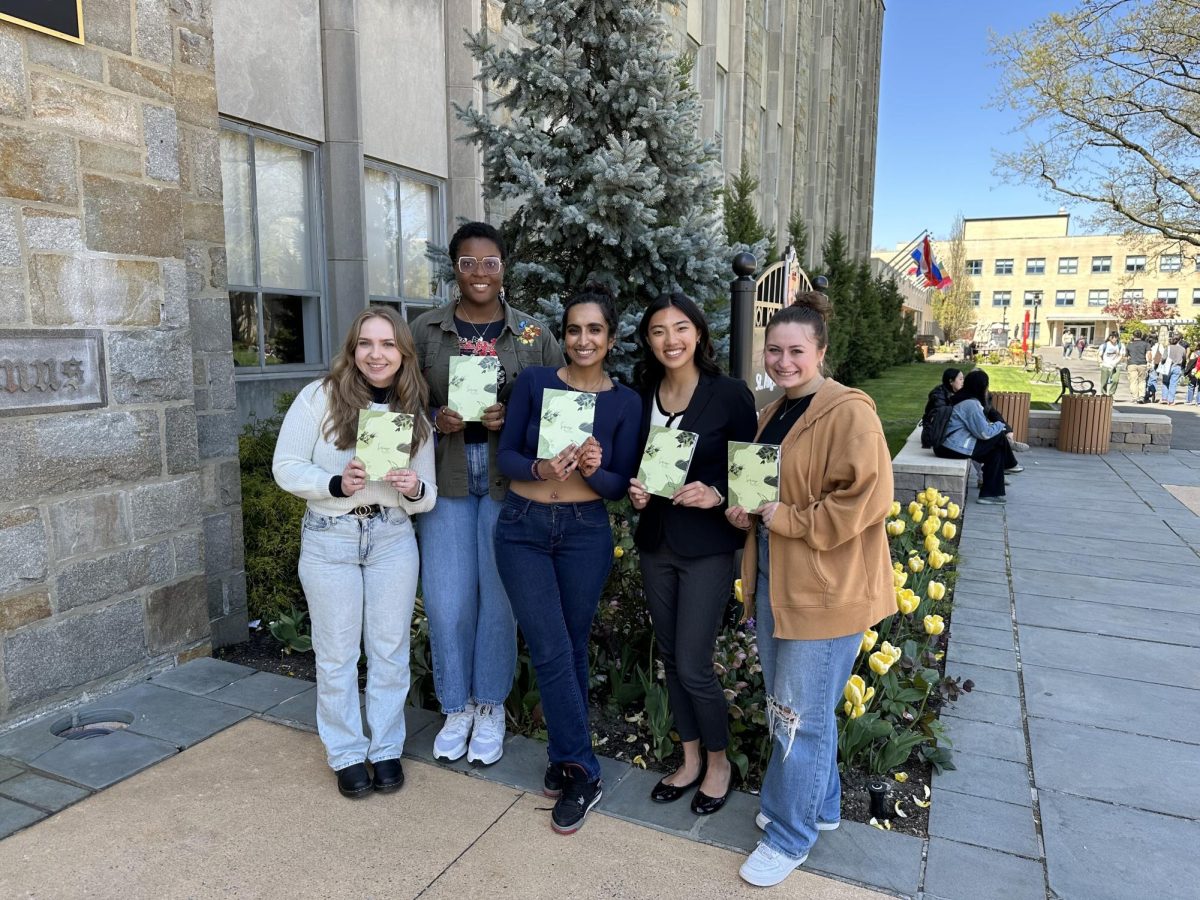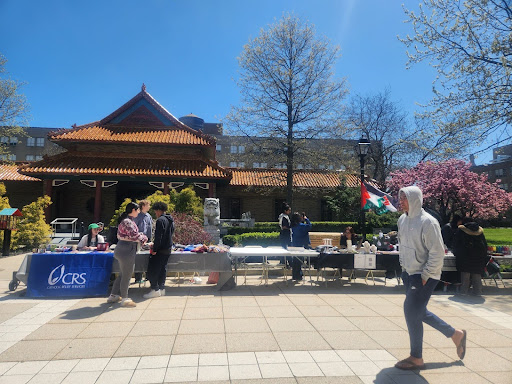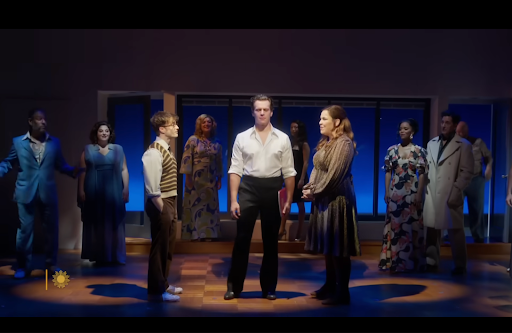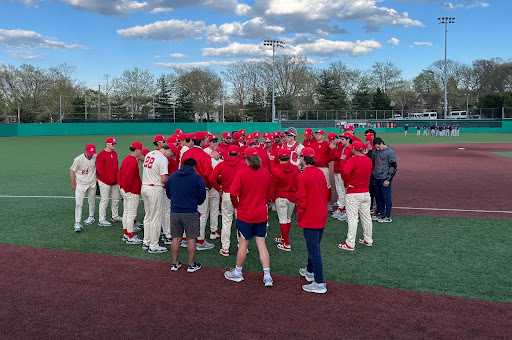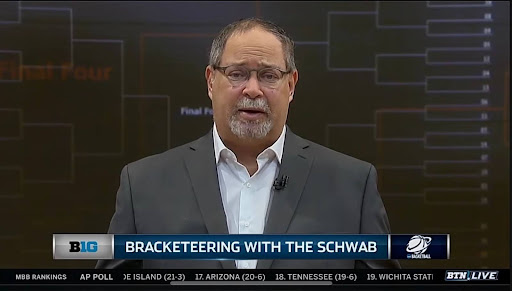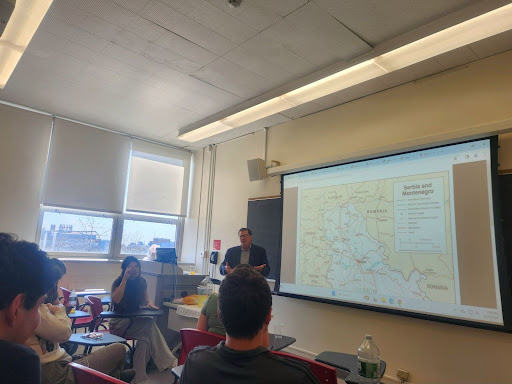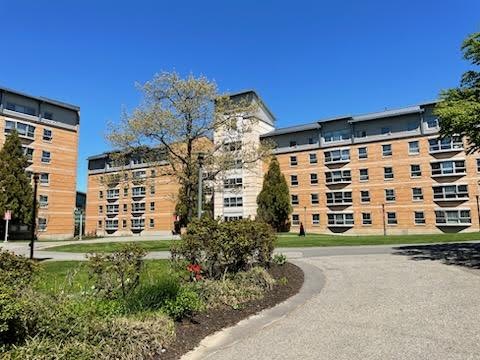Since the demonstration hosted by the Students of Consciousness (SOC) in February, students, administration, alumni and faculty have been working cohesively to implement the nine demands introduced by the group in an effort to improve diversity at St. John’s.
SOC is a student-led movement that seeks better awareness on campus of racial inequality and microaggressions.
So, what has been accomplished thus far?
Since the demonstration, more than 300 members have joined SOC. St. John’s faculty members have created their own online petition in support of the demands, generating more than 100 signatures, and the list of nine demands has been revamped. Among others, the new list calls for distinct departments and organizations to assist in the demand seeking a historical handbook, and to increase the funding for the Center for Latin American and Caribbean Studies (CLACS) in an effort to turn the center into a department.
On March 14, “A Message from the President” was emailed to the St. John’s community from Internal Communications highlighting a meeting that included SOC, the President’s Multicultural Advisory Committee (PMAC), the President’s Advisory Council (PAC) and several other University administrators and faculty members.
The email also asked for the community to join President Conrado Gempesaw in “reaffirming our commitment to work together in the spirit of compassionate concern and respect for others to achieve a more inclusive university.”
In response to the message, the SOC released a “Letter to the University Community,” published in the March 16 issue of The Torch, applauding President Gempesaw for his support and heeding.
“We commend President Gempesaw for listening and engaging with the concerns of students, alumni and faculty of color, as well as establishing institutional commitment to the issues raised by the #SJUDemands,” the letter read.
In an interview with the Torch, members of the SOC requested that they only be identified as the group, in an effort to speak on behalf of the student-led movement, not for themselves.
The SOC took issue with one detail of the email from Internal Communications. The group felt the email did not give enough attention to who SOC is and what the group represents. Instead, the email emphasized PMAC and PAC.
SOC said it asked for the university to send such an email to the community during its March 2 meeting with administrators and faculty members.
“Our original intent for the letter was [for] it to not necessarily describe what happened in the meeting, but to show that the administration cares what SOC represents, which is the greater student body,” the SOC said. “It was tailored more to PMAC and PAC, which had very little to do with all of the demands … PMAC isn’t necessarily the issue that we wanted the president to address,” said one SOC member.
Formed in 2006, PMAC serves as an advisory group to the president that is committed to addressing “both the broad issues of multiculturalism in higher education and the specific multicultural needs,” according to the University website. PAC, on the other hand, is a leadership group delegated by the president.
Dr. Andre McKenzie, who chairs PMAC along with Dr. Kathryn Hutchinson, believes the committee can act as an important resource alongside SOC in achieving its goals.
“We deal with a variety of issues that could go from multicultural issues that impact the SJU community,” he said. “So I think that group has the opportunity to play a critical role in moving forward the agenda that was expressed by the students.”
Dr. McKenzie cited the SOC demand for an annual meeting with administrators as an example as to how the two groups can work hand-in-hand.
“There was an issue for request for an annual meeting, and that was to be facilitated by myself and Dr. Hutchinson, so at least on that specific item, we will be involved in that,” he said.
PMAC includes 10 students from multicultural organizations. Dr. McKenzie believes these students can add insight to the issues SOC raises.
“We also traditionally have student members of PMAC, so I assume some of those students will be representatives from cultural or other organizations that may have an interest in some of these items as well,” he said.
But the SOC questions whether these 10 students can properly represent the undergraduate and graduate population.
“It’s impossible for those 10 students to know the entire student population,” the SOC said.
According to the PMAC webpage on the St. John’s website, the students on the committee represent multicultural organizations such as Haraya, India Subcontinent Student Council (ISSO) and the Chinese Students Scholar Association (CSSA), among others.
Dr. McKenzie said these students are rotated annually and meet four-to-five times a year.
In response to the March meeting, both SOC members and Dr. McKenzie were satisfied with the topics discussed, and the dialogue achieved concerning progression.
Dr. McKenzie said, “I think one of the best things about the presentation in the concerns was that it really gave us an opportunity to hear directly from students about how critically important these issues are.”
Both the SOC and Dr. McKenzie clarified that the March 2 meeting did not serve as the annual meeting called for in the list of demands.
SOC said administration has been open to implementing the demands as soon as possible, starting with peer theatre at freshman orientation.
Peer theatre raises alertness on topics typically seen throughout college experiences, including mental health, alcohol awareness and sexual assault, in the form of a skit.
While SOC understands that some demands may be achieved quickly, others are more long-term, such as the call for a Caribbean Studies minor instead of an advanced certificate.
“I think what we are expecting in the short-term is commitment to action, and we had verbal commitment from the president,” another SOC member added. “But now we really want to see what it is they’re going to put in place, in terms of strategies, and what direct investments they’re looking to contribute to ensure student success within these populations.”



